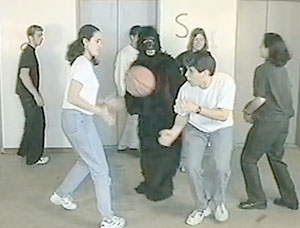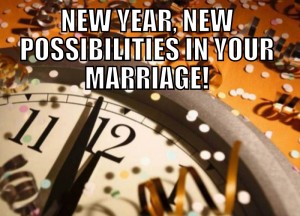“It shouldn’t be this hard”
https://savethemarriage.com/stmblog/wp-content/themes/corpus/images/empty/thumbnail.jpg 150 150 Lee H. Baucom, Ph.D. Lee H. Baucom, Ph.D. https://secure.gravatar.com/avatar/669b7e375d93f77521ddaba08adb8063?s=96&d=blank&r=pg I had heard that line many times before. She was just the next client to tell me this. It was her justification for ending the relationship.
I had heard that line many times before. She was just the next client to tell me this. It was her justification for ending the relationship.
“Brenda” was distraught, only 6 years into her marriage. Their love was so strong in the beginning. It seemed they were perfect for each other.
Slowly, almost imperceptibly, things began to shift. Both Brenda and “Richard” worked hard, in demanding jobs. And both had hobbies they loved.
Richard biked, and if you know bikers, he was nearly obsessed. On the weekends, the road bike and he spent three to five hours zipping through the countryside. Richard did century rides on a regular basis, pedaling 100 miles at a stretch.
Brenda was a bit more meditative. She loved yoga, and spent many sunrises on the mat, saluting the sun.
Together, things seemed to be coming apart. Conversations turned to arguments. Arguments turned to silence. Physical touch disappeared, and passion waned.
When they did try to reconnect, they repeated the cycle. One or the other was ready, but the timing was off for the other. Saturday mornings, Brenda sought out Richard, only to find his bike gone and he with it.
Other mornings, Richard brewed coffee for two, only to see Brenda heading out with her mat and water bottle.
At the end of the frustration, Brenda wandered into my office, convinced that they had made a mistake and were not “right” for each other. “Right?” I inquired. “Yes, we are just not a good fit. If we were,” said Brenda, continuing with the phrase I so dislike, “it would not be this hard.”
Hmmm. How did we get to this point? Why do we assume that a relationship is wrong (or at least “not right”) if it is difficult? Why is “easy” a sign of something being “right”?
I wondered this aloud, and got a quizzical expression from Brenda. It would appear that I had uttered nonsense. And perhaps I had. But it just didn’t make sense to me.
Several years back, I was out of shape, in poor health, eating junk, and on the verge of a health crisis. I was fortunate that the crisis passed, and I heard the wake-up call.
I started exercising, tried to eat better, and worked to improve myself.
And guess what? IT WAS EXCRUCIATING! I would exercise (which was hard) and then be in pain from exercising (which was harder). I had to force myself to get up and do it again.
Foods I loved were deemed “off limits” by me, and I had to change my eating patterns. It may come as no surprise that fats and sugars are, well, de-lish! Not good for me, but mighty tasty!
I had to rewire my taste buds and my habits. I had to get beyond the difficult and keep trying.
This morning, I got up, drank down a mixture of greens and antioxidants, swallowed some supplements, and hit the basement for exercise.
You know what? It was STILL difficult. Not painful, but a challenge. In fact, I can always tell when I am no longer growing and progressing — it isn’t a challenge!
Which brings me back to couples. If the relationship is not a bit of a challenge, YOU ARE NOT DOING IT RIGHT! You are pretending to relate. You are hiding the tough spots. And you will discover that when you need the strength that comes with challenge and it is not there.
The other side? If your relationship is a challenge AND you keep at it, you will be rewarded. You will have the skills it takes to make it through the tough times together. You will have the honesty of knowing that you have each others’ backs.
. . . But ONLY if you both commit to sticking with it, not looking for the easy way out, and NOT saying “this is too hard.” If you tell me “this is tough,” I will agree. Any intimate relationship is. Just don’t tell me it shouldn’t be so hard. That is a lie we tell ourselves before we give up.
When you are ready, grab my Save The Marriage System by CLICKING HERE!






